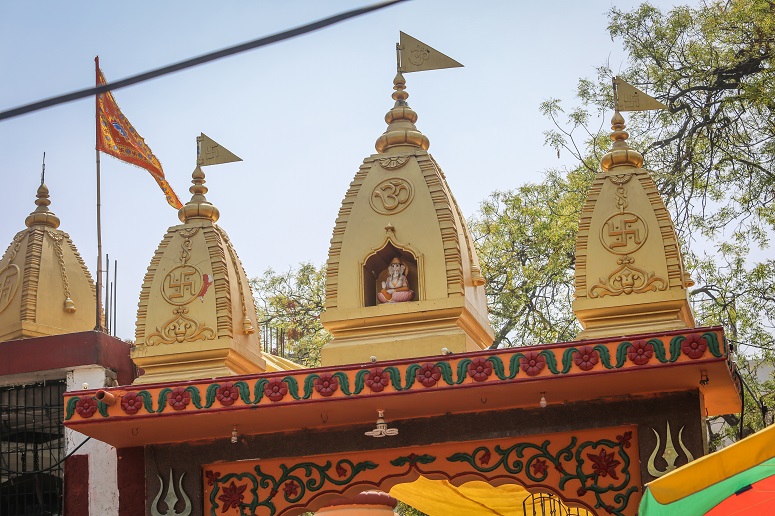
Christian and Muslim leaders have voiced concerns after five Hindu religious leaders were accorded “minister of state” status by the nationalist BJP (Bharatiya Janarta Party) government in India’s Madhya Pradesh state, Catholic news agency UCAN reported.
Chief Minister Shivraj Chouhan told journalists that the move was aimed at the “attempts to bring different sections of society to work for people”.
Bishop Gerald Almeida of Jabalpur said he was “shocked” by the news.
When religious leaders assume government offices and assert themselves in the running of a democratic state, “it is a clear sign that the secular state is on the path of collapse,” he told UCAN, adding that when “politics is mixed with religion, it is a deadly combination for any nation.”
Prasanna Jain, a college professor, told UCAN that if the government wanted to involve all sections of society in administration, “such ministerial berths should also be given to Muslim, Christian, Jain and other religious communities.”
He added that Christians and Muslims would find the promotion of the five Hindu leaders intimidating because the state has seen many reports of Hindu violence against religious minorities.
The move, announced on 2 April, allows the Hindu leaders to be paid salaries and get perks similar to those of an elected junior minister. They would also have greater input into administrative matters in the state government. The Indian constitution, however, endorses secular and democratic values and does not support the appointment of unelected people to ministerial positions.
Some of the five religious leaders are believed to be popular among the Hindu electorate and could help the ruling party win votes in state elections at the end of 2018, observers say.
Meanwhile India’s Supreme Court this week upheld the rights of a woman who converted from Hinduism to Islam, setting aside a lower court judgement that sought to annul her marriage to a Muslim man. Chief Justice DY Chandrachud wrote: “Matters of belief and faith, including whether to believe, are at the core of constitutional liberty. The Court said that neither the state nor the “patriarchal supremacy” can interfere with the person’s decision, The Hindu news agency reported earlier this week.